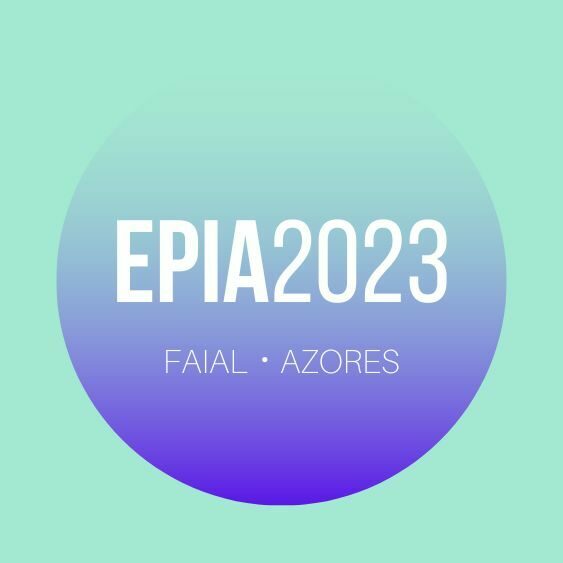Ambient Intelligence and Affective Environments
Ambient Intelligence (AmI) is a paradigm emerging from Artificial Intelligence (AI), where computers are used as proactive tools assisting people with their day-to-day activities, increasing human experiences.
Affect and social behavior play an important role in the development of Ambient Intelligent Environments. Consideration of aspects like emotions, mood, personality traits, and attitudes in human-computer, human-robot, and human-environment interaction, especially insofar, as they provide better or more “natural” support for humans. These environments should be aware of the people needs, customizing requirements and forecasting behaviors.
AmI environments may be highly diverse, such as homes, offices, meeting rooms, schools, hospitals, control centers, transport facilities, tourist attractions, stores, sport installations, or music devices, among others.
TOPICS OF INTEREST
In the thematic track on AmIA Environments we intend to bring together researchers from the different addressed fields, discussing issues under the Artificial Intelligence topics included in the context of Ambient Intelligence and Affective Environments. Researchers are welcome to present both theoretical and practical works as well as the lessons learned with their application in the varied range of domains. Emphasis will be placed on the presentation of concrete systems, discussion of implementation and development challenges, and sharing of relevant results and conclusions.
To fulfill these objectives, submissions of substantial, original, and previously unpublished work are invited in all areas of Ambient Intelligence and Affective Environments. The topics of interest include, but are not limited to:
- Applications
- Ambient Assisted Living
- Ubiquitous Computing
- Artificial Intelligence for AmI
- Intelligent Environments
- Pervasive Computing
- Context Aware Computing
- Agent & Multi-Agent Systems for AmI
- Mobile Computing
- Sentient Computing
- e-Health
- Context Modeling
- AmI for e-Learning
- On-line Dispute Resolution
- Memory Assistant
- Computational models of emotions
- Group Emotion
- Affect and learning
- Artificial characters
- Affect and emotion recognition
ORGANIZATION COMMITTEE
- Paulo Novais, University of Minho, Portugal
- Goreti Marreiros, Polytechnic of Porto, Portugal
- João Carneiro, Devoteam Portugal, Portugal
- Peter Mikulecky, University of Hradec Kralove, Czechia
- Sara Rodriguez, University of Salamanca, Spain

